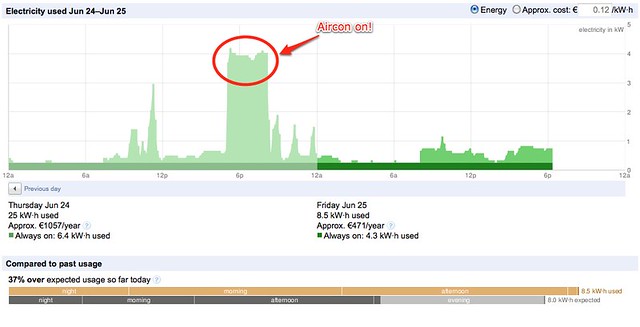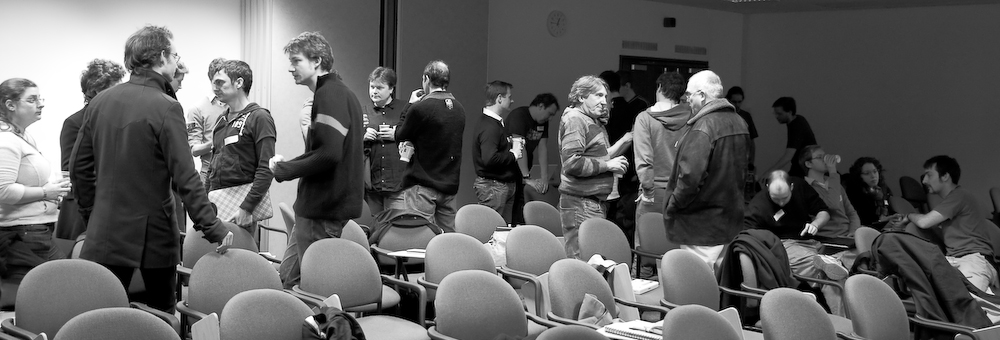We had a fascinating conversation with Belkin’s Kevin Ashton recently about home automation. Kevin is the general manager, global product management for Belkin Business.
Right now, Belkin have a nice home automation platform called WeMo where they have devices like Wifi connected wall outlets, Wifi connected motion sensors, WiFi connected baby monitors, and WiFi connected webcams. The platform also has smartphone apps for Android and iOS so you can connect yo your home on your phone or tablet from anywhere in the world and switch your appliances on/off, listen in on your baby, and even check the webcam to make sure your child/elderly parent are doing ok.
Wemo even connects to IFTT so you can set rules for your devices (turn on lights when sun sets, alert me if there’s movement in my house, alert me if there’s no motion in my parent’s home, etc.).
This would be very cool if Belkin just stopped there, but Belkin’s CEO Chet Pipkin, has an interest in home connectivity, and so the company is taking it’s home networking and internet of things several steps further.
Belkin recently announced that they are working on a new series of products branded Belkin Echo. They will bring to market two devices, Echo Water and Echo Electricity. The two devices are for analysing and reporting on your usage of water and electricity respectively.
One of the things which is unique about these devices is how unobtrusively they work. Echo Electricity uses a single sensor which can be placed at the meter, breaker box or in an outlet and it detects current and voltage signatures within the building’s electrical circuit to determine which devices are being used, when they are being used, and how much electricity they consume.
Similarly, the Echo Water sensor can be attached to your plumbing and it senses changes in pressure and vibrations which occur everytime you use your water. It uses these to identify every fixture which uses water (shower, dish washer, toilet, etc.) and can report on how much water each device uses. This enables you to use water more efficiently, and identify leaks before they become a serious problem.
We asked Kevin if people would buy one of these Echo products. He replied that “We all care about things which affect us now, and tend to discount things where the benefits are down the line.” The Echo platform, he said can help with immediate savings. It can identify waste, identify costs and potentially shut off water in the event of a burst pipe (which leads us to wonder if insurance companies might discount customers with an Echo Water device installed).
At the moment the devices are still in development but the US Department of Defense is currently trialling the Echo Electricity in an effort to increase its energy intelligence, and reduce its carbon bootprint. A “major US utility” is also trialling the Echo Electricity, and this gives a hint to one possible route to market for these devices. The Echo Electricity could well be a customer service differentiator for a utility company (especially in deregulated markets). Customers ringing to find out why their bill is so high could potentially get an immediate answer, and utility bills could become itemised, and so look more like a credit card bill, than the current single line item bill customers receive.
When will these devices be available?
Don’t hold your breath – according to Kevin, Echo Water will be generally available in 2014 while Echo Electricity is a bit more complex so there will be pilots through 2014 with it being generally available in 2015.
As Kevin said at the conclusion of our conversation, “The goal at Belkin is to launch the products when they work, not before”.
Image credit Tom Raftery


